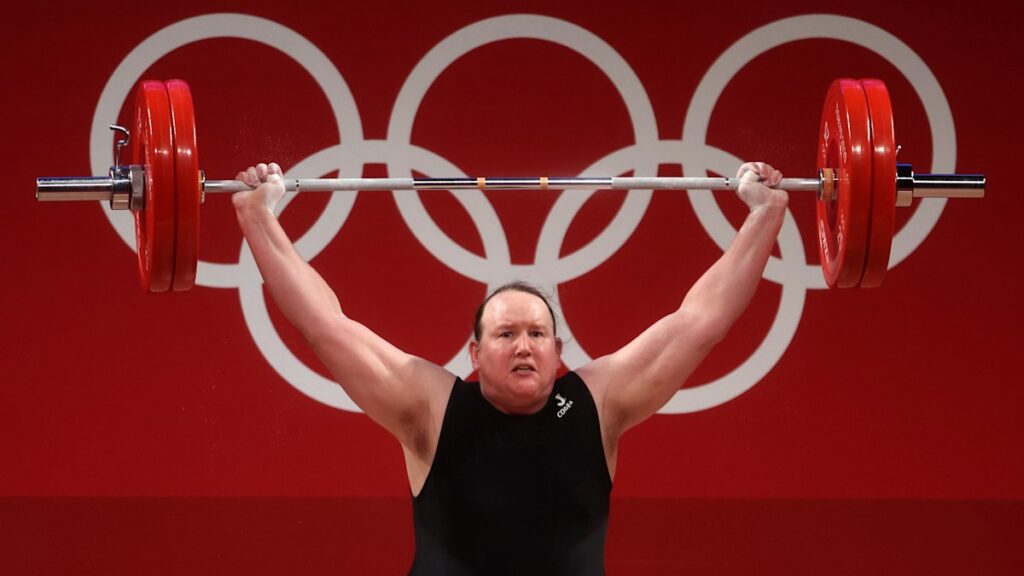
The International Olympic Committee (IOC) is currently deliberating on establishing universal rules for transgender women competing in the Olympic Games. This comes amid reports suggesting the governing body is moving towards a ban on transgender women participating in the female category by the time of the Los Angeles 2028 Olympics.
Under the leadership of new president Kirsty Coventry, the IOC reversed its previous stance in June. The organization decided to spearhead the creation of eligibility criteria for transgender athletes, a responsibility it had previously delegated to individual sports federations. This shift aimed to address the inconsistent approaches that had emerged across different sports.
Formation of a New Working Group
In a significant move, Coventry established the ‘Protection of the Female Category’ working group in September. This group, comprising experts and representatives from international federations, is tasked with exploring the best ways to safeguard the female category in sports. An IOC spokesperson recently confirmed that the working group is actively discussing the matter, although no decisions have been finalized. Further updates are expected in due course.
Reports from multiple sources, including the BBC, indicate that a ban could be implemented as early as 2026. This development follows years of the IOC refraining from imposing a universal rule on transgender participation, instead advising international federations to develop their own guidelines.
Current Participation and Historical Context
Under the current regulations, transgender athletes are eligible to compete in the Olympics. Notably, New Zealand’s Laurel Hubbard made history as the first openly transgender athlete to compete in a different gender category than assigned at birth during the Tokyo Olympics in 2021. Despite this milestone, only a small number of openly transgender athletes have participated in the Games so far.
While some international federations have established specific rules, others have yet to address the issue comprehensively. The landscape remains varied, with different sports adopting distinct policies.
Global and National Policy Shifts
Meanwhile, the issue of transgender athletes in sports has been contentious on a global scale. In the United States, former President Donald Trump enacted the ‘Keeping Men Out of Women’s Sports’ order in February, effectively banning transgender athletes from competing in school sports. Trump has also expressed opposition to transgender athletes participating in the Los Angeles 2028 Olympics.
Following Trump’s directive, the United States Olympic and Paralympic Committee adjusted its rules, barring transgender athletes from women’s sports. This move aligns with actions taken by several sports federations worldwide, which have either launched studies or amended rules to restrict individuals who have undergone male puberty from competing in the female category at elite levels.
Specific Federation Policies
- World Rugby: Banned transgender athletes from elite competition.
- World Athletics: Prohibits transgender athletes who have experienced male puberty from competing.
- World Aquatics: Allows transgender athletes who transitioned before age 12 to compete, but not those who transitioned later.
The situation in football remains unclear, as FIFA has yet to release an updated policy. However, some associations, like the English FA, have independently banned transgender players from women’s competitions.
Scientific and Ethical Considerations
In response to these developments, sports like boxing and athletics have introduced mandatory tests for female category athletes to detect the SRY gene, which is present on the Y chromosome and triggers male characteristics. These measures target athletes with differences in sexual development (DSD), who, despite being raised as female, may possess some male physical advantages.
“The working group is continuing its discussions on this topic and no decisions have been taken yet. Further information will be provided in due course.” — IOC spokesperson
As the IOC continues its deliberations, the future of transgender participation in the Olympics remains a topic of intense debate. The outcome of these discussions could set a precedent for how sports organizations worldwide approach the inclusion of transgender athletes, balancing fairness, inclusivity, and competitive integrity.
Looking ahead, the IOC’s decisions will likely have significant implications for the structure of international sports competitions and the rights of transgender athletes globally. The world watches closely as the IOC navigates this complex issue, seeking a resolution that respects both athletic competition and human rights.




